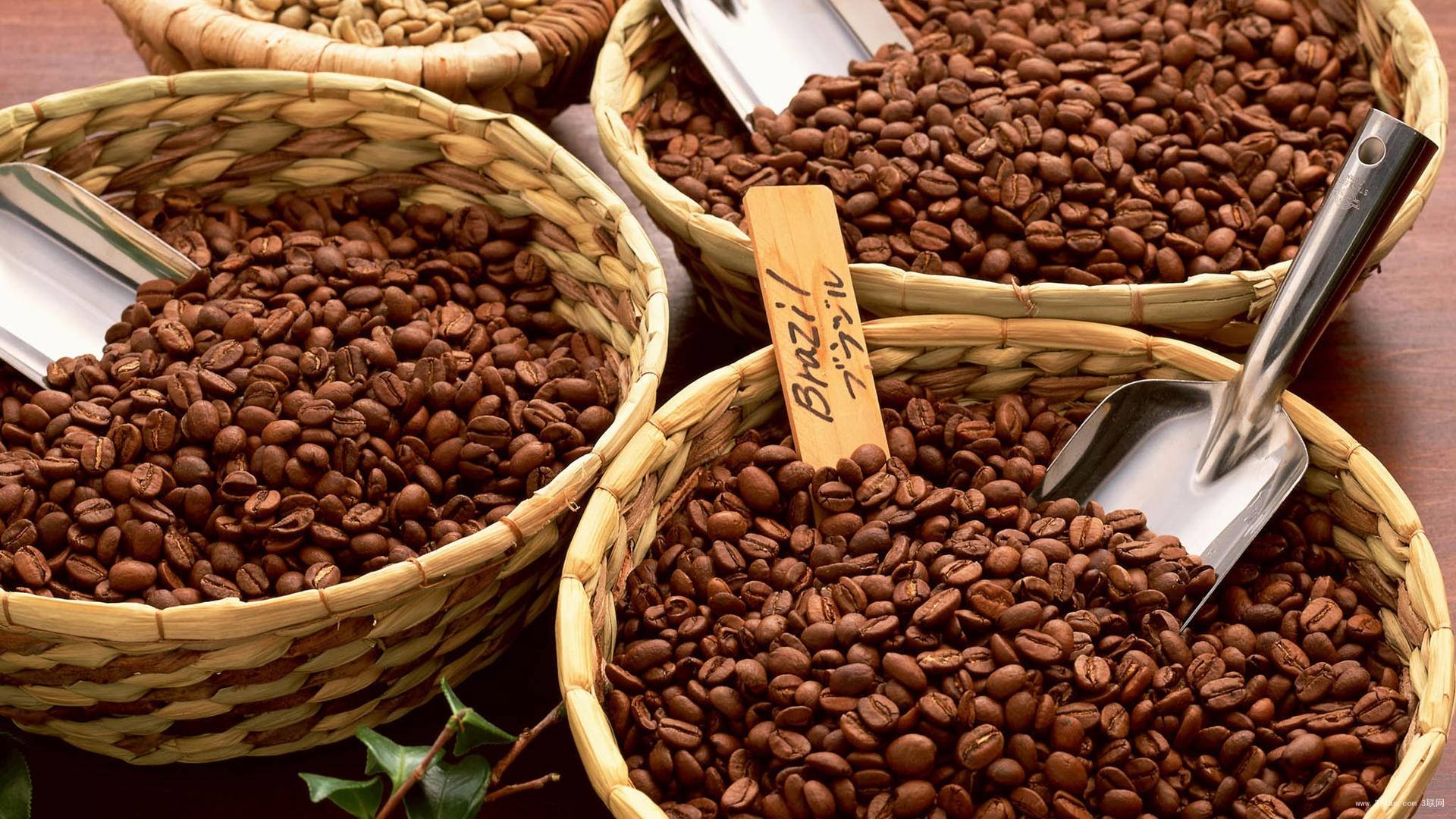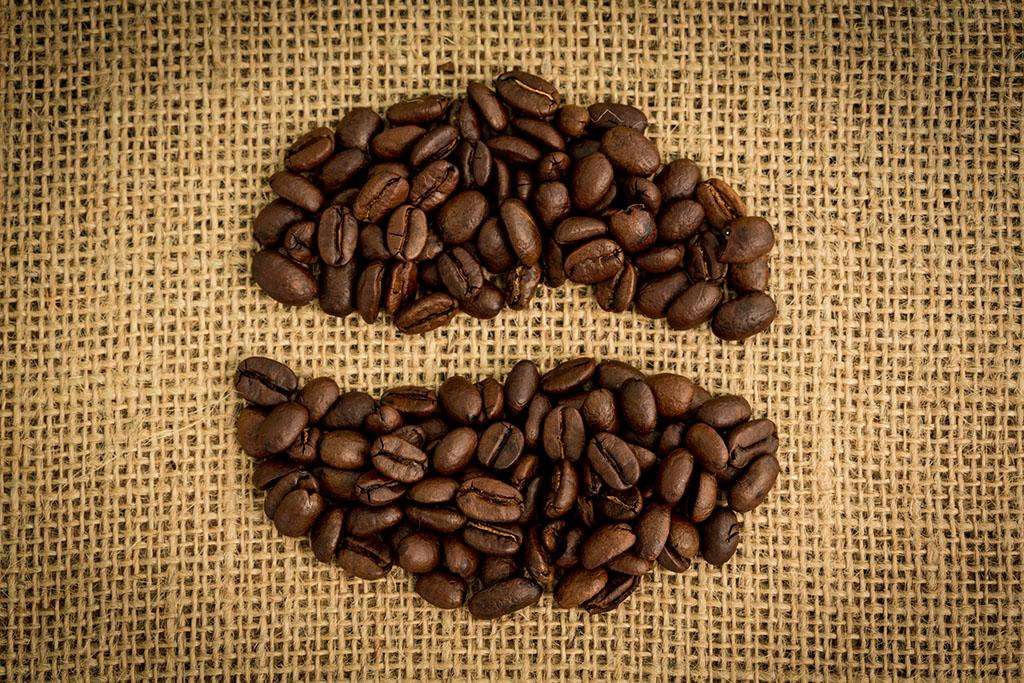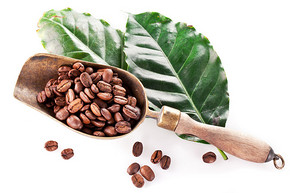Tanzania Coffee Bean Flavor Main Description
Follow the caf é (Wechat official account vdailycom) and found that Beautiful Cafe opened a small shop of its own.
Tanzania is close to Kenya, and Kilimanjaro's producing area is in the southern songea region. The beans produced are charming and fragrant. Medium baking is charming, sweet and sour taste is good, deep baking is mellow and mellow.
Reference flavor: nuts, caramel, chocolate, smooth, mellow, bright.
Coffee is called Kahawa kahawa in Tanzania, although it is not as famous as Kenya in the coffee industry, but its annual output is almost the same as in Kenya. The main way to sell coffee is through competitive bidding and direct sales. The earliest Arabica seeds were introduced from R é union French Reunion Island and planted in the two producing areas of Bayamoyo and Mogoro. In 1893, beans planted on the slopes of Kilimanjaro became the most successful coffee beans. Other Arabica trees were introduced in western Tanzania from neighboring Burundi in the 1950s and are now mainly planted at high altitude. however, local wild coffee species continue to emerge, and the most recent discovery is in Coffea kihansiensis in the Udzungwa Mountains, whether Arabica, which was washed after July-December harvest, or Robusta, where native species were sunburned after harvest from April to November. The main producing areas are: Mara, Kilimazaro, Rovuma, Mbeya, Kighoma, Arusha, Manyala, Bukoba and Kagera. But Arabica beans account for nearly 75% of Tanzania's annual output, and Tanzania produces 50,000 tons of coffee a year.

Agriculture is an industry that Tanzania depends on. About 90% of the country's manpower is engaged in agricultural production, and agriculture accounts for 85% of exports. More than 90% of the main crops, including coffee, are grown by small farmers, cotton, tobacco, cashew nuts, tea and sisal. Until today, it is estimated that about 4.5 million of the population of 450000 small farmers, or 11 per cent of the country's population, depend on coffee cultivation for a living, producing nearly 90 per cent of the country's raw beans, and the remaining 10 per cent are supplied by cooperatives and larger estates.
Direct Coffee introduced cloud beans from Clouds of August in August, the best black crystal estate in Blackburn Estate, Tanzania, in 2011. Its owner, Michael, was born in Germany for more than 20 years. Michael fell in love with this place when he first visited East Africa in 1971. In 1983, he moved to Tanzania for a long time and reorganized his parents' farm. At that time, the coffee trees in Blackburn Estate Black Crystal Manor were almost flooded by other trees. And a whole group of baboons live in their house! It was not until Tanzania opened up its market in the late 1980s that Micahel began to study growing coffee. Black Crystal Manor is now an award-winning manor, not only because of the unique flavor of coffee, but also because of Michael's investment in the ecological conservation of the manor, the use of pesticides in the manor is organically grown coffee, and 80% of the land in the garden is planned for natural conservation. Wild animals are leisurely here, unfettered by fences-lions, buffaloes, elephants, cheetahs and a variety of other species travel through coffee trees and vast forests at night.
Coffee is grown at an altitude of about 1760-1950 meters above sea level. The actual coffee-growing area accounts for only 16% (about 187 acres) of the entire estate, and the large shade of native trees also provides the most sun-exposed shade, so there have recently been new coffee-growing areas to the east and south of the estate. in the future, these producing areas will mainly provide special hand-selected small batches of beans. Black Crystal Manor has a well-managed washing plant, which is fed by the high mountain springs of Oldeani Odini (which means bamboo shoot mountain in the local language), and all the coffee is dried on elevated scaffolding (so-called African elevated beds).
This is a kind of rough fiber made from tequila leaves, similar to jute bags, which are banned by the local government to protect the sisal industry in Tanzania, while sacks made of sisal do not have the special earthy smell of jute bags.
Important Notice :
前街咖啡 FrontStreet Coffee has moved to new addredd:
FrontStreet Coffee Address: 315,Donghua East Road,GuangZhou
Tel:020 38364473
- Prev

Introduction of Tanzanian Coffee with Water washing process
Following Cafe (Wechat official account vdailycom) found that Beautiful Cafe opened a small shop of its own in 1893, after Jesuit introduced Douguo to Europe, Tanzania began to attract attention. For some reason, the yield of beans and fruits in Tanzania is higher than that of ordinary coffee. In the international market, there are more products with the words Tanzania beans and fruits than with Kilimanjaro.
- Next

Tanzania Coffee Annual report 2017
According to the forecast of FAS/ Dar es Salaam, the coffee production in Tanzania will increase from 1.05 million bags last year to 1.15 million bags in 2017 and 2018, mainly due to the biennial production cycle. Inventory is expected to decrease by 32000 bags compared with the previous year. The Tanzanian government (GOT) will continue to implement its coffee strategic plan to reach production by 2021
Related
- Detailed explanation of Jadeite planting Land in Panamanian Jadeite Manor introduction to the grading system of Jadeite competitive bidding, Red bid, Green bid and Rose Summer
- Story of Coffee planting in Brenka region of Costa Rica Stonehenge Manor anaerobic heavy honey treatment of flavor mouth
- What's on the barrel of Blue Mountain Coffee beans?
- Can American coffee also pull flowers? How to use hot American style to pull out a good-looking pattern?
- Can you make a cold extract with coffee beans? What is the right proportion for cold-extracted coffee formula?
- Indonesian PWN Gold Mandrine Coffee Origin Features Flavor How to Chong? Mandolin coffee is American.
- A brief introduction to the flavor characteristics of Brazilian yellow bourbon coffee beans
- What is the effect of different water quality on the flavor of cold-extracted coffee? What kind of water is best for brewing coffee?
- Why do you think of Rose Summer whenever you mention Panamanian coffee?
- Introduction to the characteristics of authentic blue mountain coffee bean producing areas? What is the CIB Coffee Authority in Jamaica?

